Toners are some of the most fantastic skincare products out there. They wipe away excess dirt and impurities, give your skin some moisture, and prep your face for the rest of your beauty regimen.
But that doesn’t mean you can just run out into your local drugstore’s beauty aisle and buy any toner you want. You have to be discerning and filter out the toners that are all marketing and won’t take care of your skin well.
One thing you should always be on the lookout for in your toners is alcohol. While they’re most likely in the ingredient list of every other toner you’ll see on the shelves as you shop, they’re not exactly your skin’s best friend. On the contrary, they can actually give your skin a really hard time.
Let’s take a closer look at why alcohol is an ingredient that’s usually best avoided in a toner…
Why Skincare Brands Put Alcohol in Your Toner
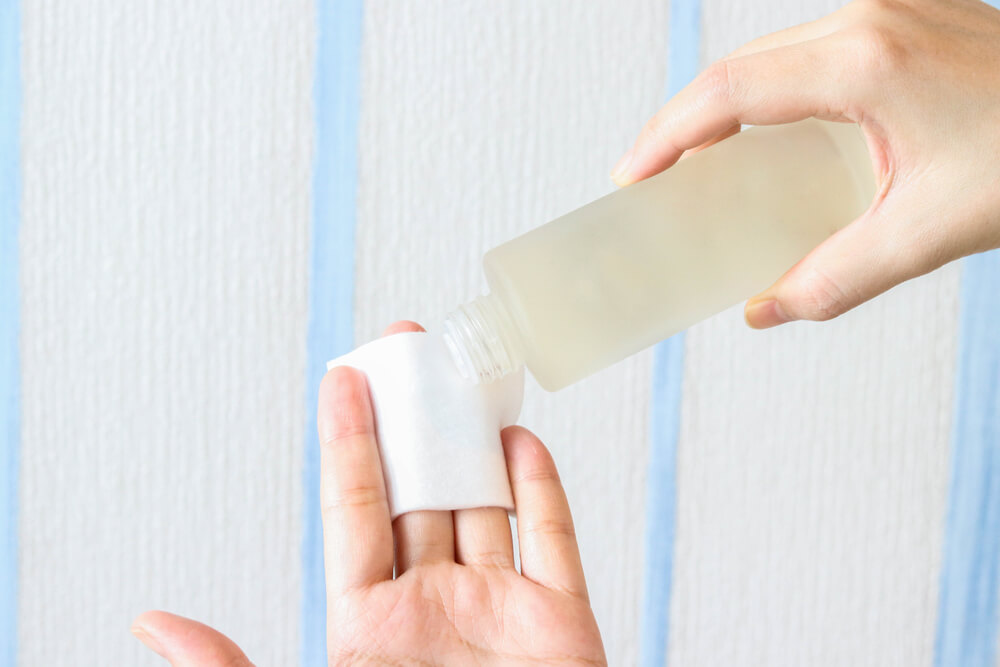
You may be wondering: if alcohol isn’t good for the skin, why do skincare brands put loads of it into their toners? In some ways, alcohol does benefit your toner.
Alcohol helps your skin absorb more of the ingredients in your skincare products. Ethanol and isopropyl alcohols emulsify some of the skin-loving ingredients in your toner, allowing them to dissolve in liquid to better penetrate your skin. They also increase the absorption levels for your actives, like vitamin C.
It’s also commonly used as an astringent, something that can wipe away excess oils and sebum that can end up clogging your skin. This is why many women with oily skin tend to gravitate towards toners with alcohol. But this is something that can backfire severely—we’ll get to that in a sec.
Alcohol is often seen as a preservative as well, so it’s common in many skincare products. Its antibacterial properties also play a part in keeping your serums and toners clean.
But is it all good and peachy all the time? Let’s review the main reasons why you might want to switch out of your alcohol toner and opt for one that’s alcohol-free:
Alcohol Toners Can Speed Up Skin Aging
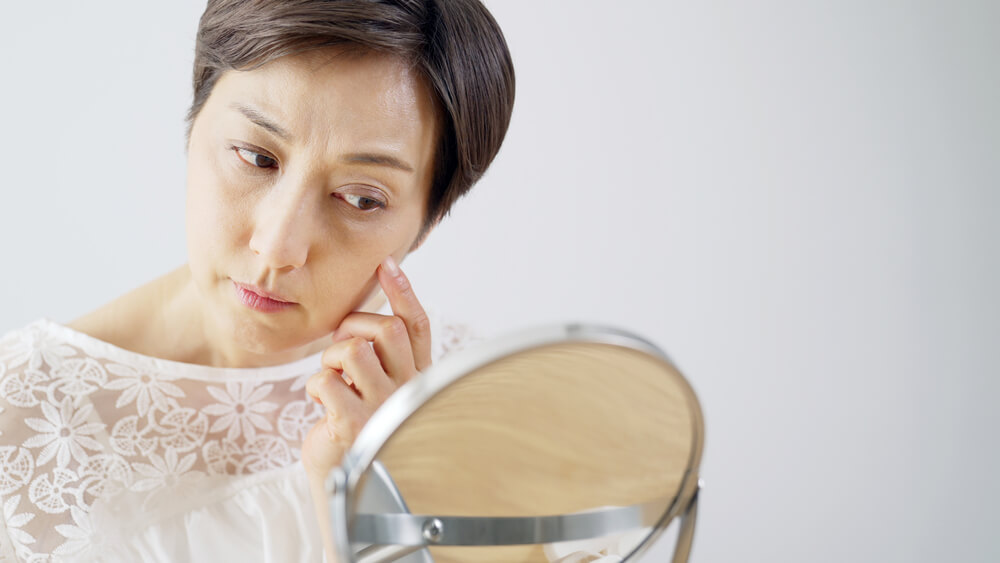
Because alcohol dries out the skin and disrupts your protective skin barrier, it leaves your complexion vulnerable to the elements. When this happens, all sorts of nasty contaminants can enter the skin, like acne- and infection-causing bacteria and germs.
Another thing that your skin will be more susceptible to when using alcohol toners is oxidative damage. This kind of damage comes from anything in your environment—pollution, smoking, free radicals in the air, and more.
And when your skin is under a lot of oxidative stress, it can lead to the early onset of skin aging. That means fine lines, wrinkles, and crow’s feet in your lovely skin at an earlier age. Yikes!
Going for an alcohol-free toner will help keep your skin feeling healthy. Don’t forget to also add plenty of other quality ingredients to your skincare routine.
Alcohol-Free Toners Can Be Less Irritating on Sensitive Skin

High concentrations of alcohol in toners can be very harsh. When the potency levels of a chemical as strong as alcohol is too high, uber-sensitive skin is likely to react negatively to it.
And another thing: remember how we said alcohol helps other ingredients penetrate the skin efficiently? Well, it goes both ways. It also allows potentially toxic and irritating ingredients, like synthetic fragrances and dyes, to be absorbed by your skin. This can cause a lot of irritation and breakouts.
Alcohol-free toners are a much better option for inflammation-prone skin, like those with eczema, dermatitis, and skin allergies. It’s one way to ensure you won’t run the risk of redness and itching every time you use your toner.
Alcohol Dries Out the Skin
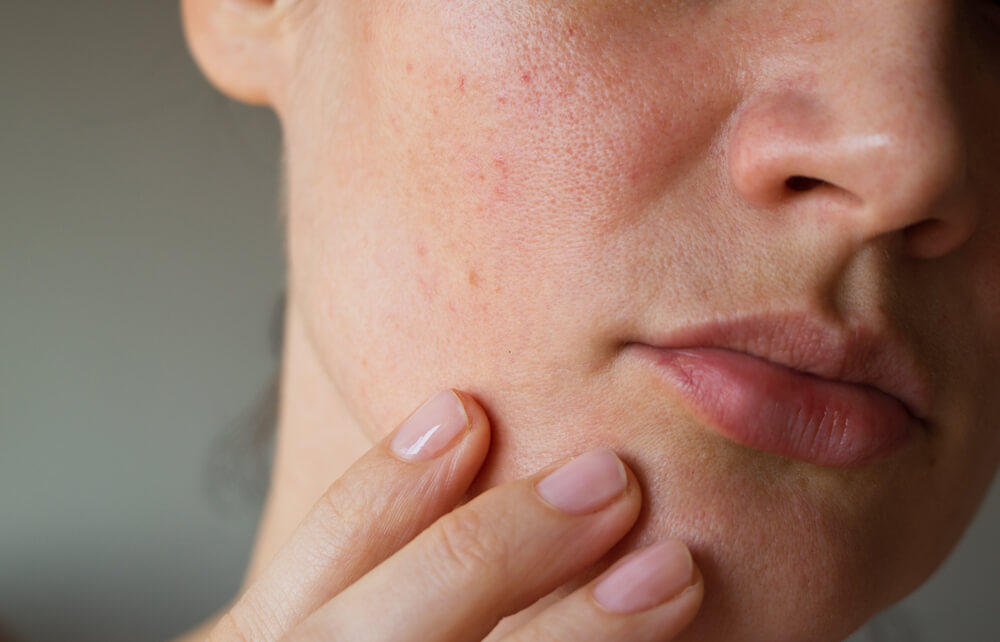
Does your skin ever feel dry even after you’ve completed all your skincare routine’s steps, from toner to night cream? If you have, you should know that the usual culprit for that is alcohol.
People assume that alcohol is amazing on the skin because it wipes away all the grease and excess sebum on your face. And while this is true, the effect is much worse—it strips your skin of natural oils and moisture, leaving it dry and thirsty instead.
Simple alcohols like SD alcohol, ethanol, and denatured alcohol, are all very evaporative. That means they tend to dehydrate your skin and suck out all the moisture in it. When this happens, you may find that your skin feels flaky, itchy, and downright uncomfortable.
It’s kind of similar to the line of thinking that alcoholic drinks are diuretics. Therefore, you should avoid drinking too much alcohol lest you dehydrate your skin. And if alcohol can be bad for your skin when you ingest it, what makes you think it’s any different if you apply it topically?
It Can Amp Up Excess Sebum Production
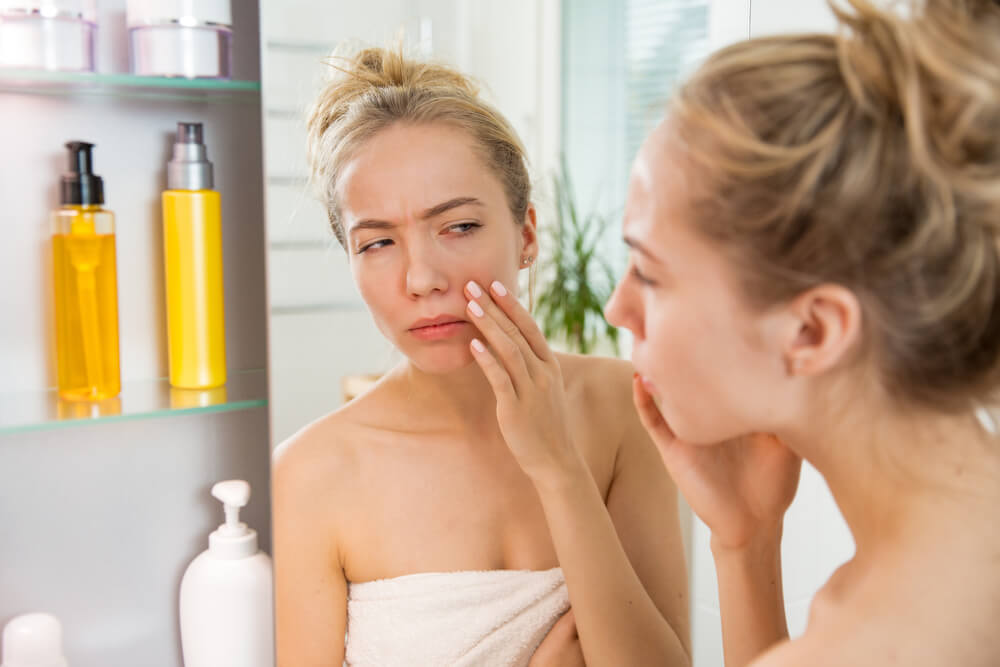
If you have oily skin, you’ll know that using a toner with alcohol usually leaves your skin looking shine-free and matte for a couple of hours. However, the grease comes piling back into your skin later in the day. That’s the alcohol working its “magic.”
Because alcohol usually dries out the skin and strips it of good moisture, your oil glands will feel the need to compensate for that moisture loss by going into overdrive. That means a production of even more oil throughout the day, leaving you as shiny as a disco ball.
It goes without saying that using alcohol to combat greasiness is super counterproductive. You’ll still get oily, if not oilier. And when your skin excretes even more sebum than usual, you know what comes next—larger pores and more acne breakouts. Uh-oh!
Alcohol Can Damage Your Skin Barrier
You know how your skin feels tight and squeaky clean after using a toner with tons of alcohol in it? Others might describe it as refreshing, but it’s actually a sign that your skin barrier is broken down. Healthy skin is elastic, so if your toner makes your skin feel super tight, it’s never a good sign.
Alcohols break down your skin barrier and the lipids in it, which is supposed to protect you from the elements that can cause skin irritation. A disrupted skin barrier leads to acne breakouts, inflammation, and loss of moisture throughout the day, leaving your skin parched more often than not.
Alcohol Can Leave a Burning Sensation on Your Skin
Because alcohols are harsh, they can leave a tingling and sometimes burning sensation on your skin. If you have particularly sensitive skin, you might even see some redness and rashes along with that painful “too much alcohol” feeling.
And you shouldn’t buy into the misconception that if you feel your face tingling, it means the product is working. A slight tingle is fine, but a throbbing, distracting pain is never good. Sadly, it’s possible to feel burning sensations when you use toners with high concentrations of alcohol.
It’s even worse when your alcohol toners contain other active ingredients, like glycolic acid and other alpha hydroxy acids. When combined with alcohol, these ingredients can lead to inflammation and aggravated acne breakouts.
Natural, Gentle Ingredients Are Always Better
Attacking your sensitive skin with harsh alcohols isn’t the right way to fight acne breakouts. There are other ways to do that, like pampering your skin with ingredients that leave it feeling calm, such as green tea, honey, and aloe vera gel. When your skin feels inflamed and sensitive, what it needs is TLC, not harshness.
So why should you opt for a toner with such dangerous chemicals if there are many other options jampacked with gentler ingredients?
Are All Alcohols Bad for Your Skin?
Don’t get us wrong — not all alcohols are bad for the skin. Some will argue there other forms, called “fatty alcohols,” that help moisturize the skin. This is because they’re derived from coconut oil or palm oil, and they help thicken up your toner for a more smooth, silky consistency.
But you shouldn’t overlook that thick, rich oils like coconut oil are usually comedogenic. That means these fatty alcohols can clog your pores and result in severe breakouts that are hard to treat.
This may not be an issue for you if you have dry skin, but if you’re oily and are prone to acne, you should steer clear and look for toners with non-comedogenic ingredients instead.
Don’t buy into the myth that you need alcohol to clean and tone your oily skin. Look for botanical oils and extracts that soothe the feel of the skin. You’ll have a far better chance at seeing clear-looking skin than if you douse your face with toxic chemicals.
Don’t Risk Compromising Your Skin with an Alcohol Toner
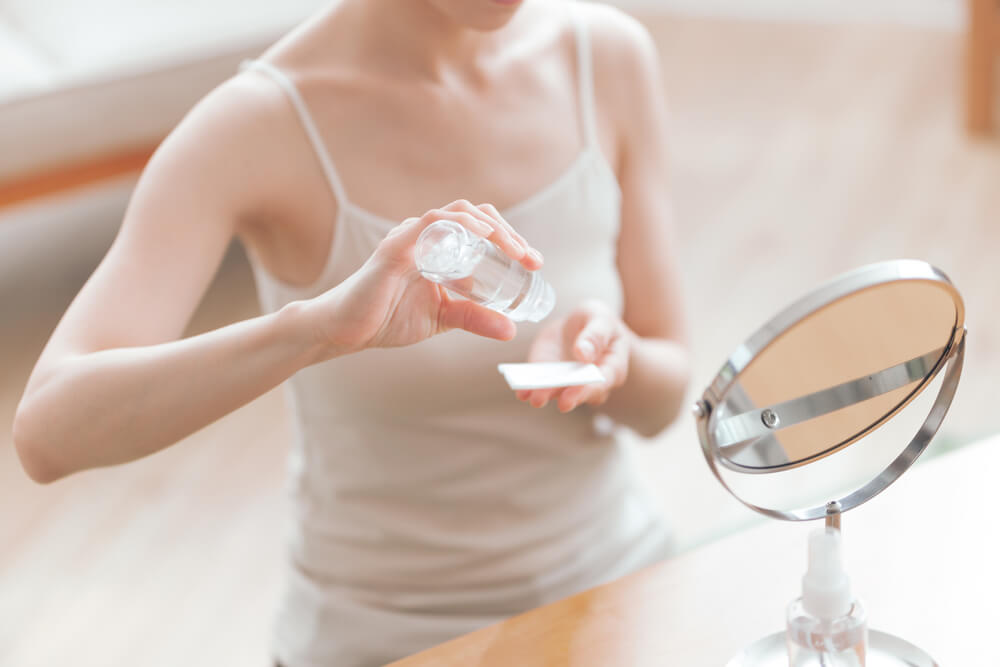
Not all alcohols are bad, but none of them are saints either. They may not even be that harmful if they come in super low concentrations and can be balanced out with better, more sensitive skin-friendly ingredients that hydrate instead of irritate.
But that said, knowing what you know about alcohols now, will you really put your skin health on the line and risk the negative effects just to keep using a toner that might not even be good for you? It might not be the best idea to continue using a toner full of alcohol.
Conclusion
So now, the secret’s out. Alcohol? A big no-no for toner, especially if you have sensitive, problematic skin that’s prone to acne breakouts and flare-ups from delicate skin conditions. It has so many damaging effects on the skin, from dryness to redness and even to an early onset of skin aging!
Don’t settle for less next time you buy a toner. Find one infused with botanicals and vitamins, not one that’s filled to the brim with alcohol and other harsh ingredients.
Always opt for what’s safest and healthiest for your skin. And when it comes to toners, it’s the alcohol-free ones that offer you the best chance at keeping your skin looking plump and glowing, without the risk of stripping it dry.

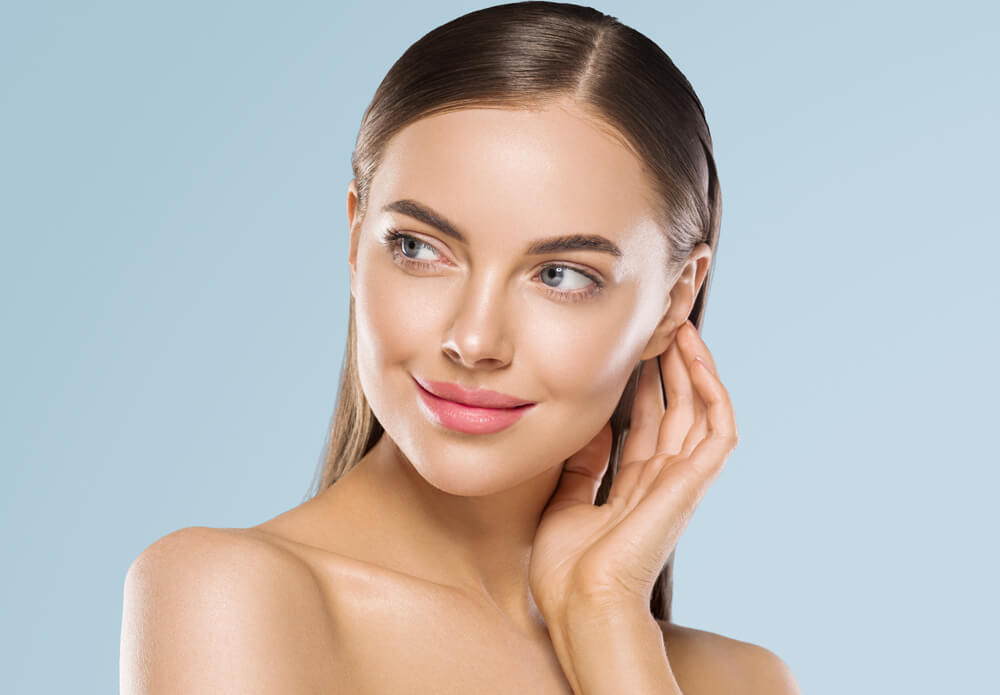

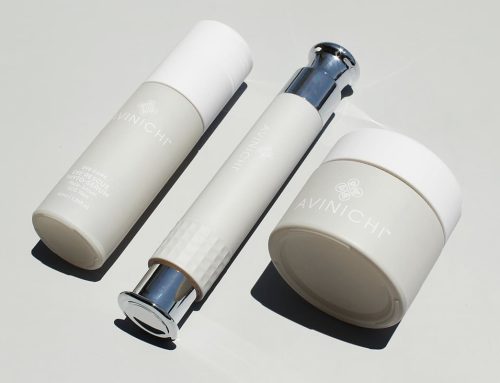

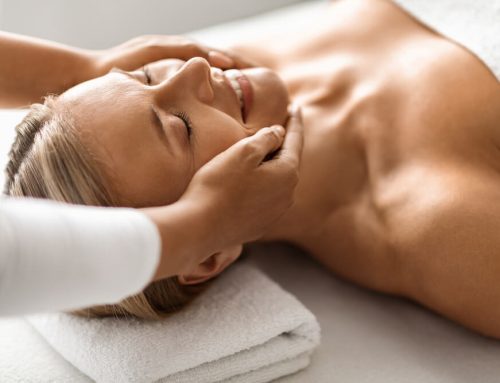
Leave A Comment